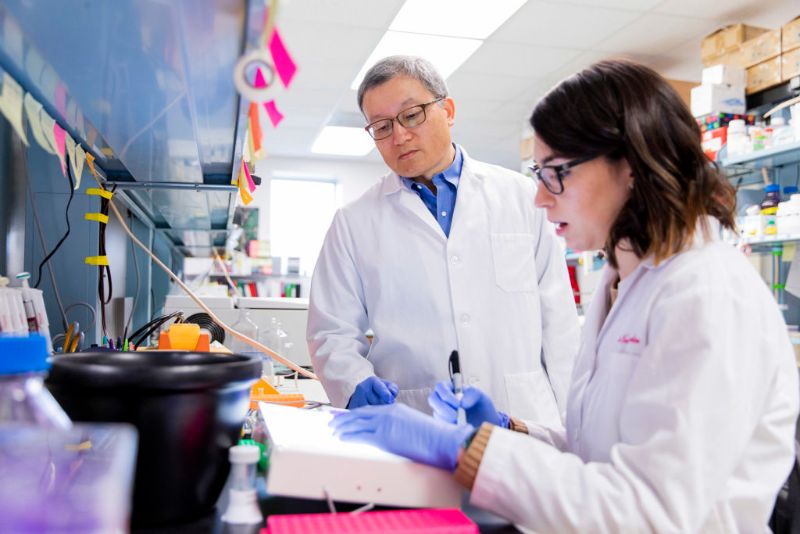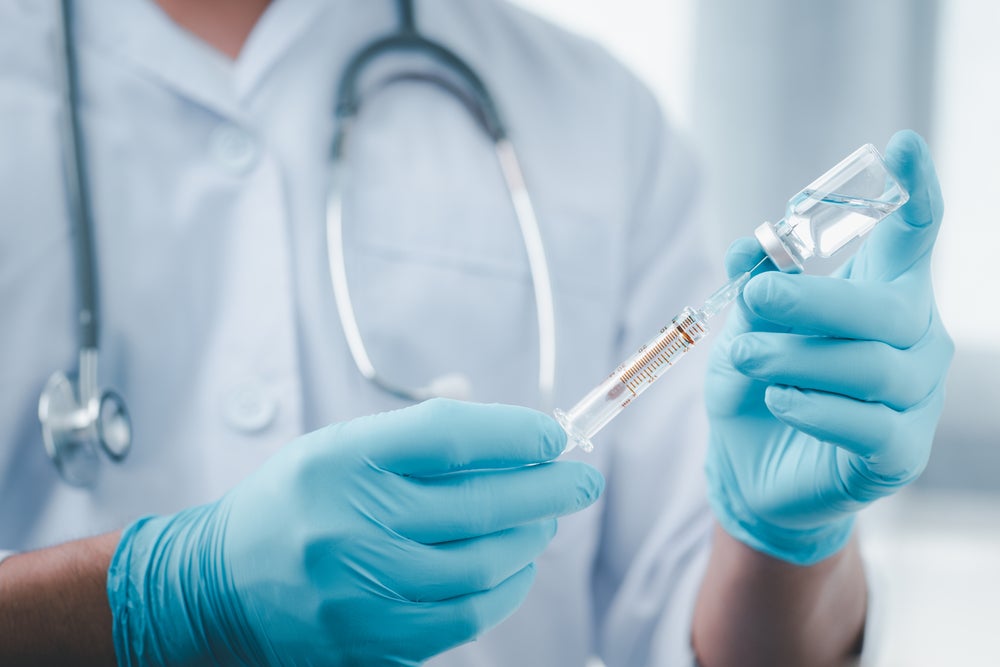
A Covid-19 vaccine candidate developed by a research team at the University of Georgia (UGA) College of Veterinary Medicine has shown promise in test models.
Previously, the UGA team partnered with the University of Iowa researchers to create a vaccine against MERS-CoV, the coronavirus that causes Middle East Respiratory Syndrome. UGA research formed the basis for their Covid-19 vaccine development.
The researchers noted that the MERS vaccine could improve immunity in lab studies, giving hope for the vaccine.
Both Covid-19 vaccines build on a viral delivery platform developed by UGA Veterinary Medicine university chair Biao He, who also leads the research team.
The vaccines consist of engineered strains of the parainfluenza virus 5 (PIV5), responsible for kennel cough in dogs. These engineered viruses can also generate the spike proteins found in MERS and SARS-CoV-2, the coronavirus that causes Covid-19.
How well do you really know your competitors?
Access the most comprehensive Company Profiles on the market, powered by GlobalData. Save hours of research. Gain competitive edge.

Thank you!
Your download email will arrive shortly
Not ready to buy yet? Download a free sample
We are confident about the unique quality of our Company Profiles. However, we want you to make the most beneficial decision for your business, so we offer a free sample that you can download by submitting the below form
By GlobalDataFollowing vaccination, cells are infected with the PIV5 virus and then the body begins to produce a defence against the MERS spike proteins generated by the modified virus, said the researchers. This mechanism results in promotion of immunity against infection.
The PIV5 virus has been used due to its safety in humans.
Speaking of the development, He noted: “When your dog is immunised against kennel cough, a similar vaccine is used. After immunisation, the dog will shed this PIV5 for days. If you have a dog, you have been safely exposed to this virus many times.”
Though the vaccine is in the early development stages, the UGA researchers hope that it will pass further tests. The SARS-CoV-2 vaccine could be ready for US regulatory approval by the end of this year.
He added: “We have an opportunity now to use our technology to help people. And, at the University of Georgia, we have the people, and we have the facilities. We have been able to quickly mobilise resources to develop this vaccine.”





